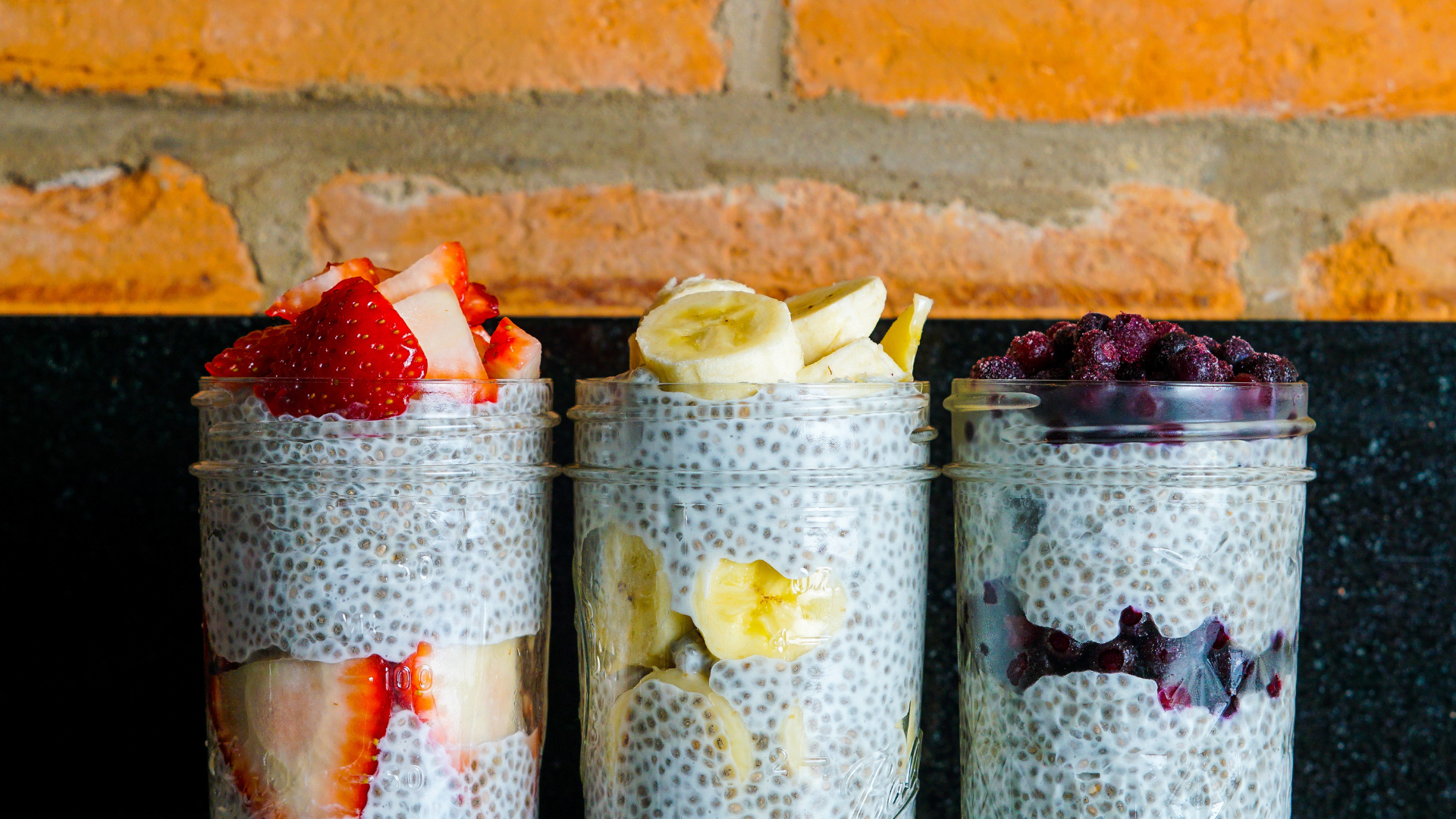By Jonathan Tessier
•
June 25, 2025
What is Shilajit? Shilajit is a sticky substance found in the rocks of the Himalayas. It develops over centuries from the slow decomposition of plants and is commonly used in Ayurvedic medicine. It is known for boosting energy, testosterone and preventing cognitive decline. What Are the Benefits of Taking Shilajit? Testosterone: Taking shilajit may improve testosterone levels in men. In one clinical study , half of the participants were given a placebo, and half were given a 250 milligram (mg) dose of purified shilajit twice a day. After 90 consecutive days, the study found that participants receiving purified shilajit had a significantly higher testosterone level compared to the placebo group. Fatigue: Naturally boosting your body’s mitochondrial function with shilajit supplements may help improve energy levels. Since shilajit is rich in fulvic acid, a strong antioxidant, and anti-inflammatory, it may also protect against free radicals and cellular damage. As a result, regular use of shilajit may contribute to longevity, a slower aging process, and overall better health. Menopause: During menopause, many females can begin to lose bone mass, making bones weaker. Taking Shilajit supplements daily may help postmenopausal women with bone mass loss improve their bone mineral density. Prevent Cognitive Decline: The fulvic acid in shilajit contributes to cognitive health by preventing the accumulation of tau protein. Tau proteins are an important part of your nervous system, but a buildup can trigger brain cell damage. How To Use Shilajit Shilajit is available in powder, capsule and liquid forms. For powder use, simply add a 1/4 tsp to a glass of water or milk and consume, for liquid use, same thing just dissolve a small drop into your drink. For capsule use, take the capsules with food. Options in Our Store











